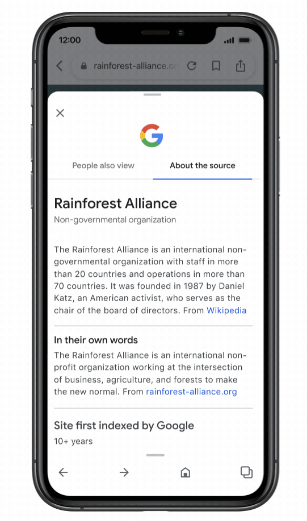Google’s Multitask Unified Model (MUM) algorithm is now capable of identifying when multiple high-quality sources agree on the same fact.
This update to MUM is part of a more significant effort to improve information literacy across the web.
A Google-supported survey conducted by the Poynter Institute finds that 62% of respondents encounter false or misleading information every week.
To help people separate fact from fiction, Google is applying several changes to search results.
Here are the complete details about the updates Google announced today.
Improvements To Google’s MUM Algorithm
With improvements to the MUM algorithm, Google can understand when multiple sources on the web come to a consensus.
What does this mean for search results?
Google will now fact-check its featured snippets to see if other reputable sources agree with the information.
Pandu Nayak, Google’s Vice President of Search, explains how advancements to the MUM algorithm make this possible:
“Our systems can check snippet callouts (the word or words called out above the featured snippet in a larger font) against other high-quality sources on the web, to see if there’s a general consensus for that callout, even if sources use different words or concepts to describe the same thing. We’ve found that this consensus-based technique has meaningfully improved the quality and helpfulness of featured snippet callouts.”
Further, MUM can help Google more accurately determine when queries are better served without featured snippets.
As a result of this update, Google is reducing the triggering of featured snippets in these cases by 40%.
Helping Searchers Identify Trustworthy Information
Along with the update to MUM, Google is introducing additional features to help searchers find information they can trust.
Expanding ‘About This Result’
Google is expanding the ‘about this result’ feature with more context, such as:
- How widely a source is circulated
- Online reviews about the source or company
- Whether another entity owns the company
- When Google’s systems can’t find adequate information about a source
About this result is now available in the Google app and in more languages, including Portuguese (PT), French (FR), Italian (IT), German (DE), Dutch (NL), Spanish (ES), Japanese (JP) , and Indonesian (ID).
Content Advisories About Information Gaps
A new advisory in search results will alert users when there’s not enough reliable information available for a particular query.
Google shares an example of a search related to a conspiracy theory triggering the new content advisory:
 Image Credit: Screenshot from blog.google/products/search/information-literacy/, August 2022.
Image Credit: Screenshot from blog.google/products/search/information-literacy/, August 2022.Source: Google
Featured Image: Andrii Yalanskyi/Shutterstock
Follow us on Facebook | Twitter | YouTube
WPAP (907)


